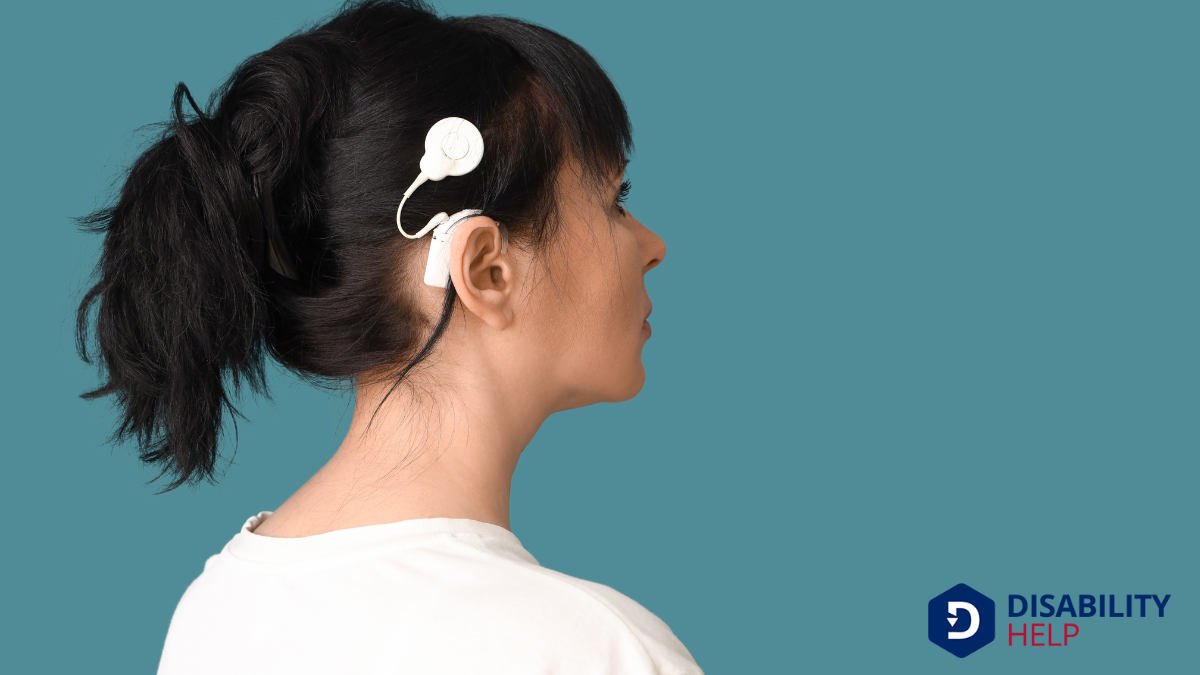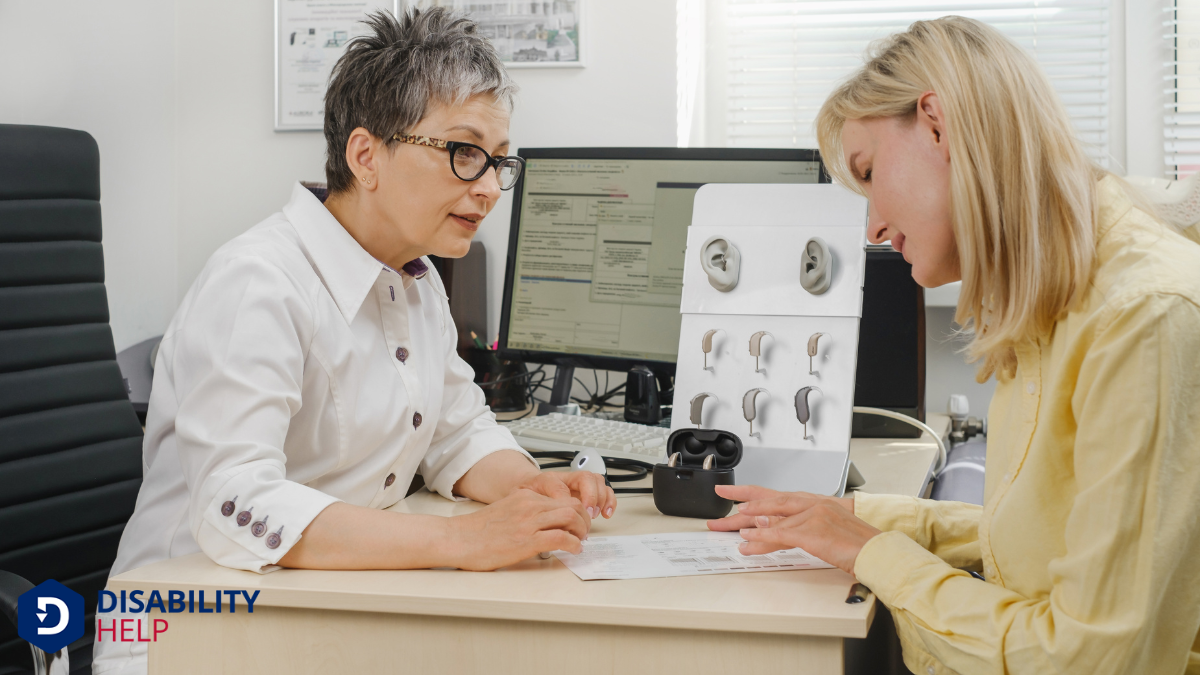As we age, it's natural to face physical changes that might challenge our independence. Fortunately, there are assistive devices designed to help us maintain our quality of life. From mobility aidsDevices designed to help individuals move around more easily, such as canes, walkers, or wheelchairs... like walkers to hearing aids, these tools play an essential role. Vision support tools, daily living assistance gadgets, and communication aids also help us navigate daily tasks more easily. Curious about how these devices can make a difference? Let's explore further.
Key Takeaways
- Mobility aids like walkers and wheelchairs support independence and reduce fall risks for aging individuals.
- Hearing aids and personal amplifiers improve sound quality and connectivity for those with hearing challenges.
- Vision support tools such as magnifiers and digital readers assist those with declining eyesight.
- Daily living assistance gadgets, including jar openers and dressing aids, facilitate independent task management.
- Communication aids like amplified phones and reminder apps help maintain connections and cognitive sharpness.
Mobility Aids for Improved Movement
When we think about maintaining independence as we age, mobility aids play an essential role. These devices, like walkers, canes, and wheelchairs, help us move safely and confidently.
They’re not just about supporting physical movement; they also enhance our quality of life by allowing us to engage in activities we love. By reducing the risk of falls and injuries, mobility aids give us peace of mind and freedom.
We can choose from a variety of options tailored to our specific needs and preferences. Whether it's a lightweight caneA mobility aid used to assist with balance and walking. for short strolls or a motorized scooter for longer distances, these tools empower us to stay active.
Embracing mobility aids means embracing a life where independence and safety coexist harmoniously.
Hearing Enhancement Devices

Although aging can bring challenges, hearing enhancement devices empower us to maintain our connection to the world around us. These devices, like hearing aids and personal amplifiers, improve our ability to engage in conversations and enjoy sounds we cherish.
Hearing aids, available in various styles, fit comfortably and discreetly, amplifying sound based on our unique hearing needs.
We can also explore personal amplifiers, which are portable devices that amplify sounds in specific environments, such as lectures or family gatherings. They're easy to use and enhance our listening experience without unnecessary complexity.
Vision Support Tools
Just as hearing enhancement devices help us stay connected through sound, vision support tools guarantee we don't miss the visual details that enrich our lives.
As we age, our eyesight may decline, but tools like magnifiers, specialized glasses, and digital readers help us maintain our independence and enjoy everyday tasks. Magnifiers can be handheld or mounted, offering flexibility for reading books or viewing small prints.
Specialized glasses, such as those with anti-glare coatings, reduce eye strain and improve clarity, especially in low-light conditions.
Digital readers with adjustable text sizes are a boon for book lovers. By using these tools, we can continue to engage with our hobbies, stay informed, and enjoy the vibrant world around us, ensuring vision loss doesn't limit our experiences.
Daily Living Assistance Gadgets
Maneuvering daily tasks can become challenging as we age, but daily living assistance gadgets empower us to maintain our independence. Simple tools like jar openers and reachers help us handle objects without straining our joints.
Non-slip mats and grab barsBars installed in bathrooms or other areas to provide support and prevent falls for those with mobil... guarantee safety in the bathroom, reducing the risk of falls. For those of us struggling with mobility, walkers and canes provide essential support, allowing us to move confidently.
Dressing aids like button hooks and zipper pulls make getting ready less cumbersome.
Kitchens become more accessible with easy-grip utensils and electric can openers. If standingThe legal right to bring a lawsuit, which requires that the individual bringing the suit has a direc... for long periods becomes tiring, a shower chair provides a comfortable solution.
These gadgets enhance our quality of life, proving that small changes can make a significant difference.
Communication and Cognitive Aids

As we age, staying connected and mentally sharp can become more challenging, yet communication and cognitive aids offer invaluable support. Devices like amplified phones and speech-to-text apps help us maintain conversations with ease, allowing us to stay in touch with loved ones.
For cognitive support, digital organizers and reminder apps keep us on track with daily tasks and appointments. Tablets and e-readers, equipped with large print and text-to-speech features, guarantee we engage with our favorite books and articles without strain.
Additionally, brain-training apps can enhance memory and problem-solving skills, keeping our minds active and vibrant. By embracing these tools, we enhance our quality of life, guaranteeing that aging doesn’t hinder our ability to connect and think clearly.
Conclusion
As we age, it’s essential to embrace tools that help us maintain our independence and quality of life. Mobility aids keep us moving, while hearing and vision enhancements guarantee we stay connected to the world around us. Daily living gadgets simplify tasks, and communication aids help us maintain relationships and cognitive skills. Let’s not shy away from using these devices; they’re here to support us in living richer, more fulfilling lives.






